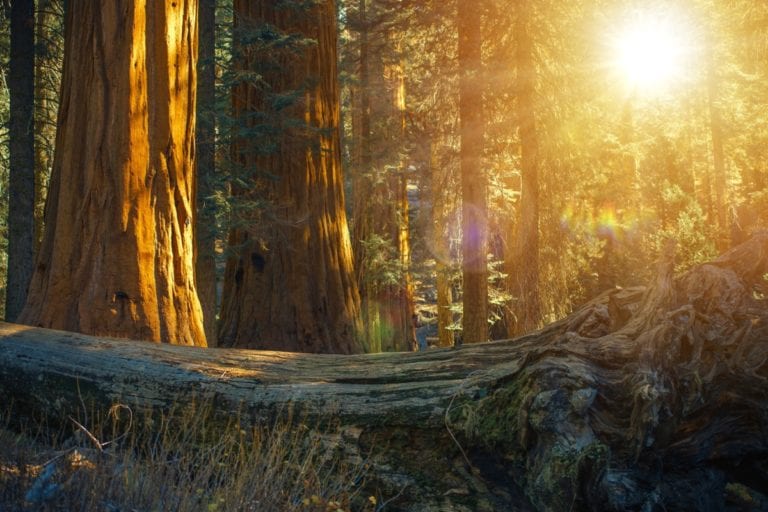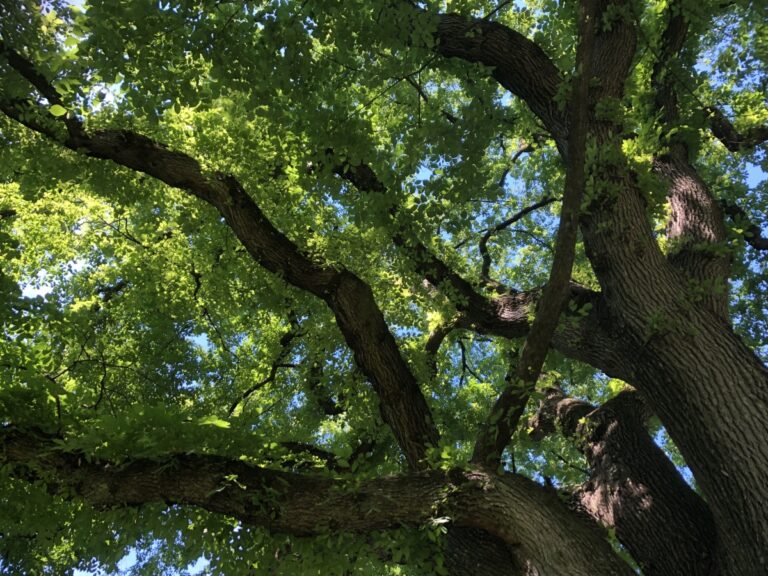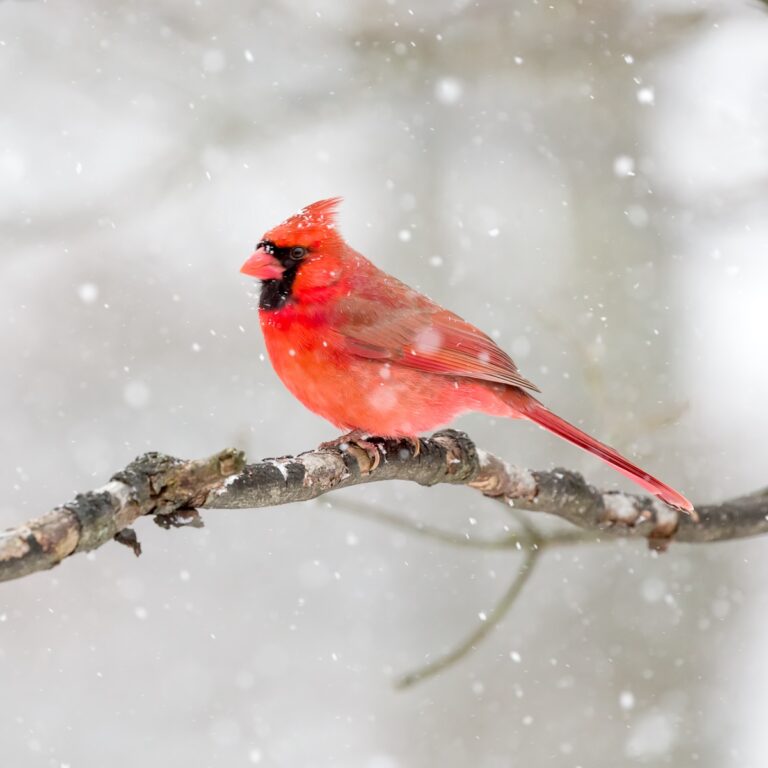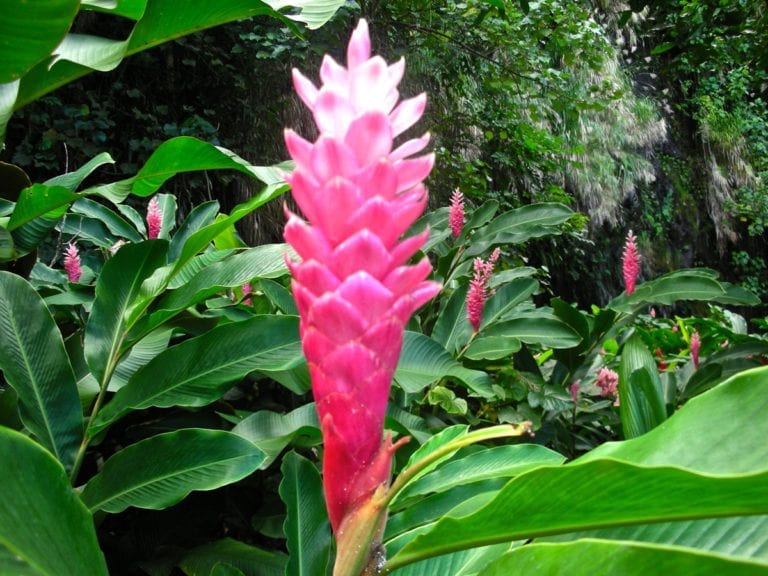Similar Posts

738th Week: The Gifts of Silence
I would never have thought of myself as someone who is easily distractible, or even has a tendency in that direction, but I have to admit that after a number of years of attending to social media, I have learned to be distracted, which is a great surprise to me. As a psychotherapist, being focused is part of what I do every day, just about all day, and yet I notice that in my personal life my tendency now is to jump around from focus to focus in ways that are entirely new to me.
This development has gotten me to thinking about not only the benefits of regular mediation, which I don’t do in as focused a way as I used to, but also the importance and gifts of silence. Thinking about distraction took me back to some notes I collected about silence a couple of years ago and I want to share them here. The benefits of silence are profound and cultivating practices that include it becomes increasingly important in these times where there are so many ways to be distracted.
Read More “738th Week: The Gifts of Silence”
877th Week: Cultivating Kindness As a Habit of Mind
I’ve been reading a lot about social justice lately, as well as the challenges of moving out of the assumptions and institutions of white supremacy. The process has been yet another reminder of the importance and impact of unexamined perceptions and beliefs. I’ve written many times about engaging in acts of kindness and my recent reading has brought to the foreground of awareness the importance of cultivating and orienting to thoughts and self-talk focused on and arising from kindness.
Our habits of mind matter more than we may realize. In a sense, they are a form of ongoing self-hypnosis through which we program ourselves and emit the quality and tone of awareness and being that characterize how we move through the world and how we feel about, and treat, ourselves. The goal of the following practice isn’t to create an internal battle, argument, or conflict when noticing the unkind thoughts and actions that we may do without awareness. Because I have such a deep belief in wholeness, I understand that there will always be things arising in me that I may not enjoy experiencing, but they are part of an unbroken wholeness that is true of everyone.
Many times, I’ve written about the foreground/background dynamic of our wholeness. Sometimes something pops into the foreground of our thinking or behaving that we don’t particularly like, something that arises as one of the habits of mind that comes with years of conditioning. The good news is that anything that pops into the foreground can be invited into the background and replaced by something we would rather experience and/or express. It’s a matter of cultivating the kind of awareness that can compassionately notice when we’ve gone off track and that can then gently call us back to ourselves.
Read More “877th Week: Cultivating Kindness As a Habit of Mind”Week 629: Catching People Doing Things Right
Walking across the park one morning, I passed a young father and his very young son. The boy was on a scooter that had pedals and he was working hard to figure out how to get the pedals to move correctly. At one point, he succeeded in getting the pedals all the way around and, as he did, his father began to say, “You did it! You did it!” Read More “Week 629: Catching People Doing Things Right”

2024 January Meditation
We’ll have two themes this year. The first half of the year will focus on the frequency of love as a universal force that supports healing into wholeness. This month, we’ll focus on love as a major healing force in the world and orienting to an open heart.
Here’s the YouTube version, if you would prefer to see images of nature as you meditate…

822nd Week: Honoring Our Earth-Kin
As I begin to put together the year-long offerings of audio meditations on my website, I’ve been thinking about the focus for the coming year. Lately, I’ve had a deepening awareness of the importance of experiencing all the other life on this beautiful planet as “earth-kin”. We are all related, all children of the same mother planet, and many of us humans have been taught that we are somehow superior or “more evolved” than our other earth-kin.
I recently read a book, “Are We Smart Enough to Know How Smart Animals Are?”, by Frans de Waal, that addresses this humancentric bias. De Waal offers many examples of how our research on other earth-kin has tended to orient to human assumptions and human ways of doing things. One of my favorite examples had to do with making a mark on an elephant’s face or head and then having this earth-kin look in a mirror to see if he or she recognized themselves. They didn’t and someone realized that the problem wasn’t that elephants can’t recognize themselves but rather that the mirrors weren’t elephant sized. Once large enough mirrors were provided, the elephants immediately recognized that something was on their face and responded appropriately.
Another example had to do with research on gibbons, where researchers decided that they weren’t as intelligent as other primates because they couldn’t do a particular task that required them to use their hands in a certain way. A young researcher noticed that the task was oriented to human hands and not to the way that gibbons use theirs. When the experiment was retooled to reflect gibbon digits and manipulation, not surprisingly they performed as well as any other primate.
It can be both surprising and startling to know that slime mold does very well solving the challenge of a maze, better and faster than some other kinds of earth-kin. It can also be surprising to know that some species chose to evolve toward more complexity while others chose to evolve into less complexity, each and all having their own style of measurable intelligence. Here’s a link to a quick video about slime mold moving through a maze and also creating a complex network of connections that match the design of the Tokyo rail system. https://www.youtube.com/watch?v=HyzT5b0tNtk
Read More “822nd Week: Honoring Our Earth-Kin”
677th Week: Nurturing Mutual Empowerment
In my years of teaching about trauma resolution, I’ve drawn on something one of my dear friends and teachers, Diane Heller, taught me many years ago. It was the distinction between a power model that encompasses only two options—power over or overpowered—and a mutual empowerment model that says one person’s power in no way diminishes the power of anyone else. Since learning about this, I have done my best to interact with others from a mutual empowerment model.
I’ve also spent many years helping psychotherapy clients notice how comparing themselves to others almost always leads to suffering, as does the habit of taking things personally. Read More “677th Week: Nurturing Mutual Empowerment”